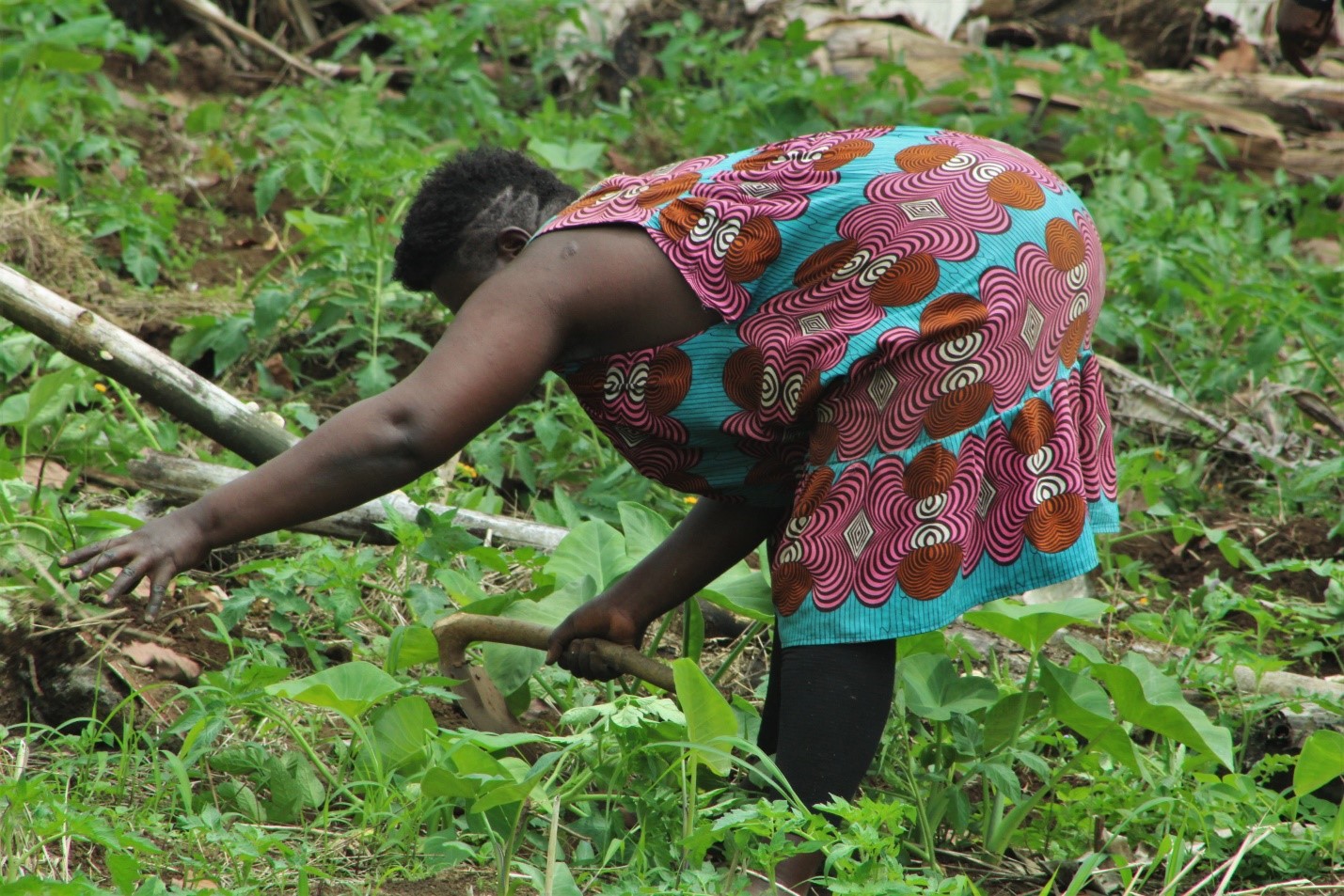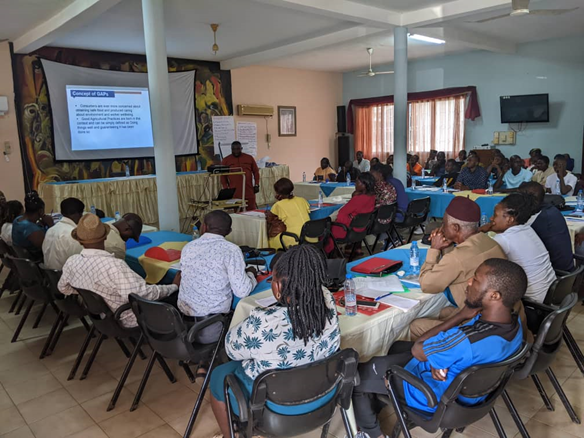Author
Soweda Admin
Fugit id adipisci voluptas quidem vel est excepturi. Recusandae et eius voluptates quae rerum. Quo quisquam molestias aut dolorem aut sit architecto ut.

Agriculture plays a vital role in the South West Region, serving as the backbone of the local economy and providing sustenance for families and communities. However, the smooth functioning of the agricultural sector can be disrupted by various challenges, one of which is agricultural pollution. Traditional practices often generate agricultural pollution, threatening the very resources farmers rely on. This type of pollution refers to the organic and inorganic by-products of agricultural activities that degrade or contaminate the environment and ecosystem.
Recognizing the magnitude of this problem, the South West Development Authority (SOWEDA), has taken proactive steps to address menace. SOWEDA has organized training sessions for farmers and women's groups involved in market gardening, where the use of pesticides and fertilizers is prevalent. The aim of these trainings is to educate participants about the sources, consequences, and methods to reduce environmental pollution due to agricultural activities.
The training employ interactive discussions, practical demonstrations, and group exercises to effectively convey information. The inaugural training session which held on Friday, January 12th in Limbe, focused on farmers in the Fako and Meme divisions, bringing together 40 participants.
Understanding Agricultural Pollution
During the training, Kum Jude, the lead trainer, explained that agricultural pollution can be categorized into three types: water pollution, soil pollution, and air pollution. Water pollution occurs when water sources are tainted due to the overuse of agrochemicals in the agricultural process. It is estimated that 53% of rivers and streams worldwide are unfit for use due to agricultural activities. In Cameroon and the South West Region, the situation is no different, considering the increasing use of fertilizers to meet growing food demands. The residue of these agrochemicals seeps into water streams, rendering them unfit for use.
Soil pollution, on the other hand, results from the accumulation of toxic chemicals in the surface of the earth due to the excessive use of pesticides and fertilizers. Under normal conditions, the application of fertilizers should be accompanied by regular soil analysis to prevent negative feedback. However, in the South West Region, this practice is often neglected.
Consequences of Agricultural Pollution
The dangerous and far-reaching consequences of agricultural pollution were further highlighted to trainees. Poor crop yields are almost guaranteed, and there is an inadvertent risk of biological and chemical hazards. Moreover, agricultural pollution poses a threat to water quality, soil health, and biodiversity, which are essential resources for farmers.
Investing in Sustainable Agriculture
Sustainable agriculture offers a solution to mitigate agricultural pollution and promote long-term environmental and economic sustainability. It involves implementing practices that reduce reliance on non-renewable energy sources, minimize air and water pollution, conserve soil health, and promote biodiversity.
Sustainable agriculture practices include incorporating biological and ecological processes into farming, reducing the use of environmentally harmful inputs, and promoting the self-reliance and self-sufficiency of farmers. By adopting sustainable farming techniques, trainees were told, they can protect natural ecosystems, support biodiversity, and improve soil fertility.
SOWEDA's capacity building sessions on this important subject, aim to equip farmers and women's groups with the knowledge and skills to implement sustainable agricultural practices. By avoiding contamination of farm inputs and eliminating the practice of waste dumping in water sources, farmers can contribute to reducing agricultural pollution and safeguarding the environment.
Investing in sustainability is crucial for the agricultural sector in the South West Region. SOWEDA's initiative to train farmers and women's groups on agricultural pollution is a significant step towards addressing this issue. By raising awareness and promoting sustainable agricultural practices, SOWEDA is empowering farmers to protect their livelihoods, preserve the environment, and contribute to the overall well-being of their communities.

Category: News